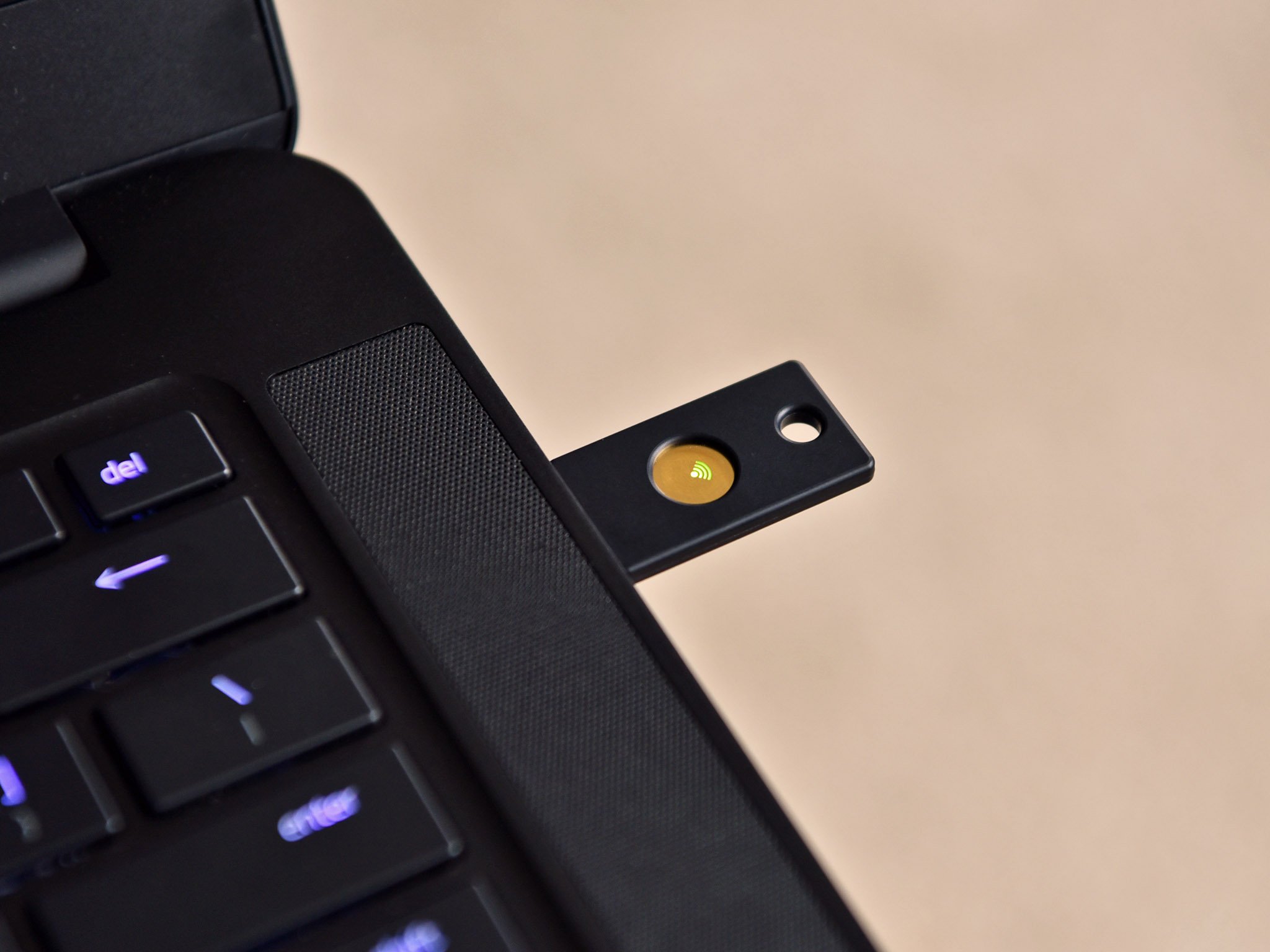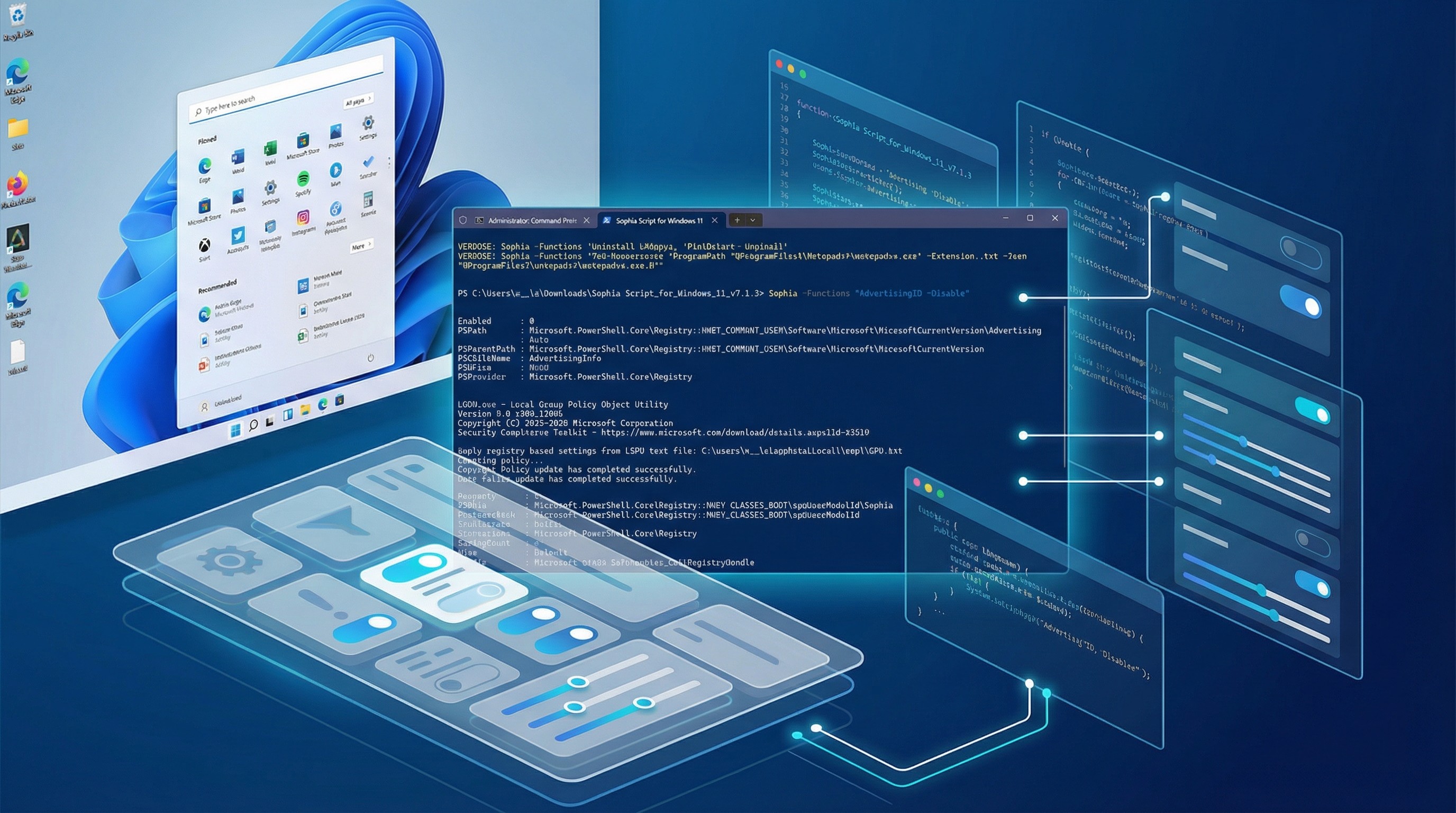Windows Hello gains traction with nearly 100 biometric-enabled Windows devices and accessories

All the latest news, reviews, and guides for Windows and Xbox diehards.
You are now subscribed
Your newsletter sign-up was successful
It looks like Windows Hello, Microsoft's biometric security feature built into Windows 10 has been seeing quite a bit of success, as far as adoption is concerned. In a new blog post, Microsoft has announced that there are now nearly 100 biometric-enabled Windows devices and accessories on the market. In other words, securing your PC with Windows Hello has never been easier.
It's important to note that Microsoft's counting includes not only accessory devices, but also laptops and tablets with embedded Hello-enabled sensors. From Microsoft:
Over the last year, one of our top priorities was to make this technology available on the widest variety of devices. Today, Windows Hello can be used on nearly every Windows 10 device in the world natively with a PIN or integrated biometric sensor or with an accessory. In fact, during the 2016 holiday season we counted nearly 100 unique biometric-enabled Windows devices and accessories available across all form factors, including laptops, all-in-ones, 2-in-1s, tablets, phones and peripherals.
Windows Hello opens up a host of ways you can further secure your PC in some interesting new, password-free ways. Microsoft highlights some of these examples, which include the recently released YubiKey for Windows Hello, and the Nymi Band, which is a wearable that verifies your identity with your heartbeat and lets you unlock your PC with a tap of the wrist (we're planning to review this one soon). There are definitely a ton of other cool Windows Hello-compatible devices out there, and there are sure to be even more that impress down the line.
What's your preferred way to use Windows Hello on your PC? Let us know in the comments!
All the latest news, reviews, and guides for Windows and Xbox diehards.

Dan Thorp-Lancaster is the former Editor-in-Chief of Windows Central. He began working with Windows Central, Android Central, and iMore as a news writer in 2014 and is obsessed with tech of all sorts. You can follow Dan on Twitter @DthorpL and Instagram @heyitsdtl.
